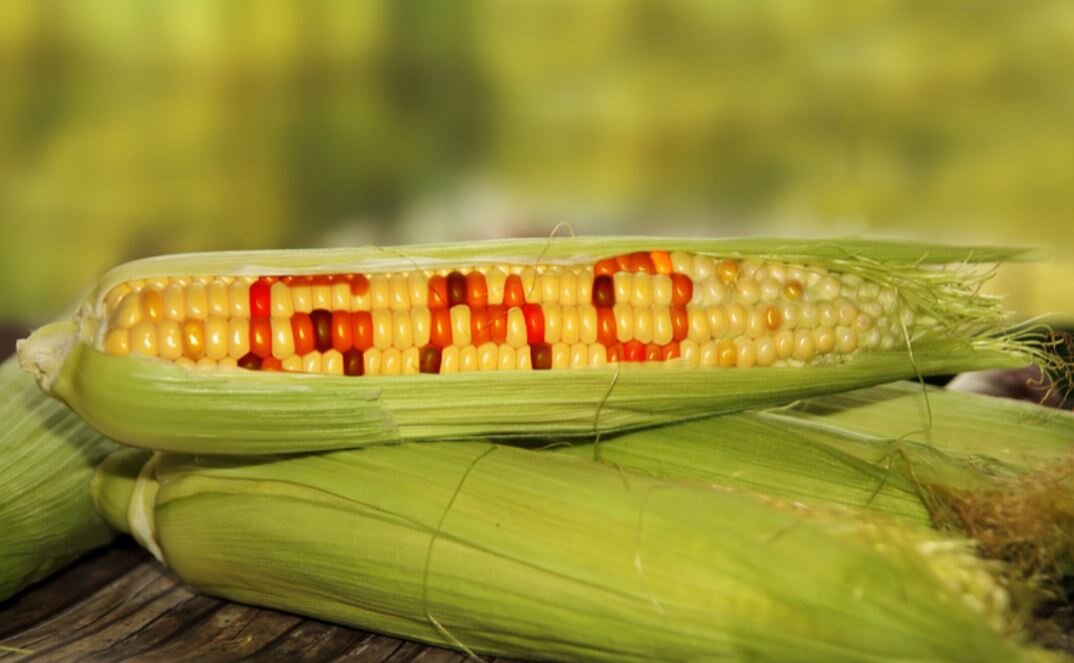Genetically modified organisms (GMOs) have been a subject of controversy since their introduction to the market in the 1990s. Supporters of GMOs say that they have many advantages including high crop yields, better nutrition, and disease resistance. However, opponents highlight that gene manipulation may create health problems, harm the environment and raise ethical considerations. This article will provide two sides of the GMO debate to help one make a decision on GMO safety.
What Are GMOs?
Through genetic engineering, GMOs are crops or animals that have been genetically modified by changing their genetic materials. This is done by the transfer of genes from one species to another to gain desirable traits. The main GMO crops include corn, soybeans, cotton, and canola which have been altered so that they can withstand insects, tolerate herbicides or produce more yields.
The Benefits of GMOs
Increased Agricultural Productivity
One of the main advantages of genetically modified organisms is they are able to raise the output of agricultural production. This can be done through breeding of crop varieties that are immune to insects and diseases, thus reducing crop losses and increasing yields. Food security is posing a major challenge, especially in developing countries.
Reduced Use of Chemicals
Genetically modified organisms (GMOs) can reduce the use of chemicals like herbicides and pesticides. For instance, Bt corn has an internal pest resistant compound that eliminates or reduces the need for external pesticides. This can result in lower prices for farmers and decreased soil pollution.
Enhanced Nutritional Content
The genetic modification approach can also be used to enhance the nutritional value of crops. For instance, the engineering of Golden Rice is done so that it can produce beta-carotene, the precursor of vitamin A, in order to fight against vitamin A deficiency in developing countries. This kind of biofortification can be a solution to micronutrient deficiency in order to enhance public health.
The Concerns About GMOs
Potential Health Risks
The main issue with GMOs is their possible health implications for humans. Critics state that genetically engineered foods might lead to the emergence of new allergies or toxins. Although many researches have shown GMOs to be safe for human consumption, the long-term health effects is a topic of ongoing research. The American Medical Association, the World Health Organization, and the National Academy of Sciences have all confirmed that GMOs currently on the market are no more risky than conventional foods.
Environmental Impact
The environmental effect of GMOs is another vital problem. The broad spectrum of the herbicide-tolerant crops has promoted a high level of herbicide application thus paving way for the emergence of herbicide-resistant weeds. As a result, the gene flow from GMOs to wild types might be the cause of biodiversity and ecosystem imbalance.
Ethical and Socioeconomic Issues
The ethical and socioeconomic implications of GMOs are also further issues of hot debates. Critics allege that such patents give too much power to the large biotech companies which, in turn, may result in monopolistic practices and the curtailment of farmers’ rights. Furthermore, ethical concerns about genetic engineering are raised and long-term effects on natural systems are discussed too.
The Regulatory Landscape
The regulatory bodies around the globe have established the rules for approval and labeling GMOs. In the United States, the Food and Drug Administration (FDA), the Environmental Protection Agency (EPA), and the Department of Agriculture (USDA) have a hand in regulating GMOs. These agencies make rigorous tests to ensure the safety and effectiveness of genetically modified foods before they are offered to consumers.
On the other hand, the European Union (EU) has opted to take a more cautious approach, characterized by stricter regulations and mandatory labeling of genetically modified organisms (GMO). By that we mean that differences in regulatory approaches also imply a variety of public perceptions and policies towards GMOs.
Making Informed Choices
The consumer’s decision about what to think about GMOs is about considering the scientific facts, potential risks, and personal opinion.
Make sure to read the labels! Others make GMOs mandatory to be labeled. Seek for tags, like “Non GMO Project Verified” if you are avoiding genetically modified foods. Paying attention to the labeling regulations that are current in your area is essential so that you can make correct decisions.
Stay updated! Continually be up to date with the latest research and developments on GMOs. Trustworthy sources of information include journals, the government, and respectable health organizations.
Support farming practices! Back eco friendly techniques that encourage diversity, healthy soil and lesser pollution. Organic farming is possible as it does not use GMOs and concentrates on keeping the balance and long term sustainability.
Conclusion
The GMO dispute is a complicated issue with legitimate reasons on both sides. But even though GMOs can be advantageous through enhanced productivity and optimal nutrition content, the health risks, ecological impact, and ethics are equally important to be considered. The more research is made, the more consumers get to be informed and to choose what is more important to them.
If you want to get acquainted with sustainable lifestyle and environmental challenges, come to the Environmental Consortium. Together we will be able to make smart decisions that contribute towards the creation of a healthier planet.
